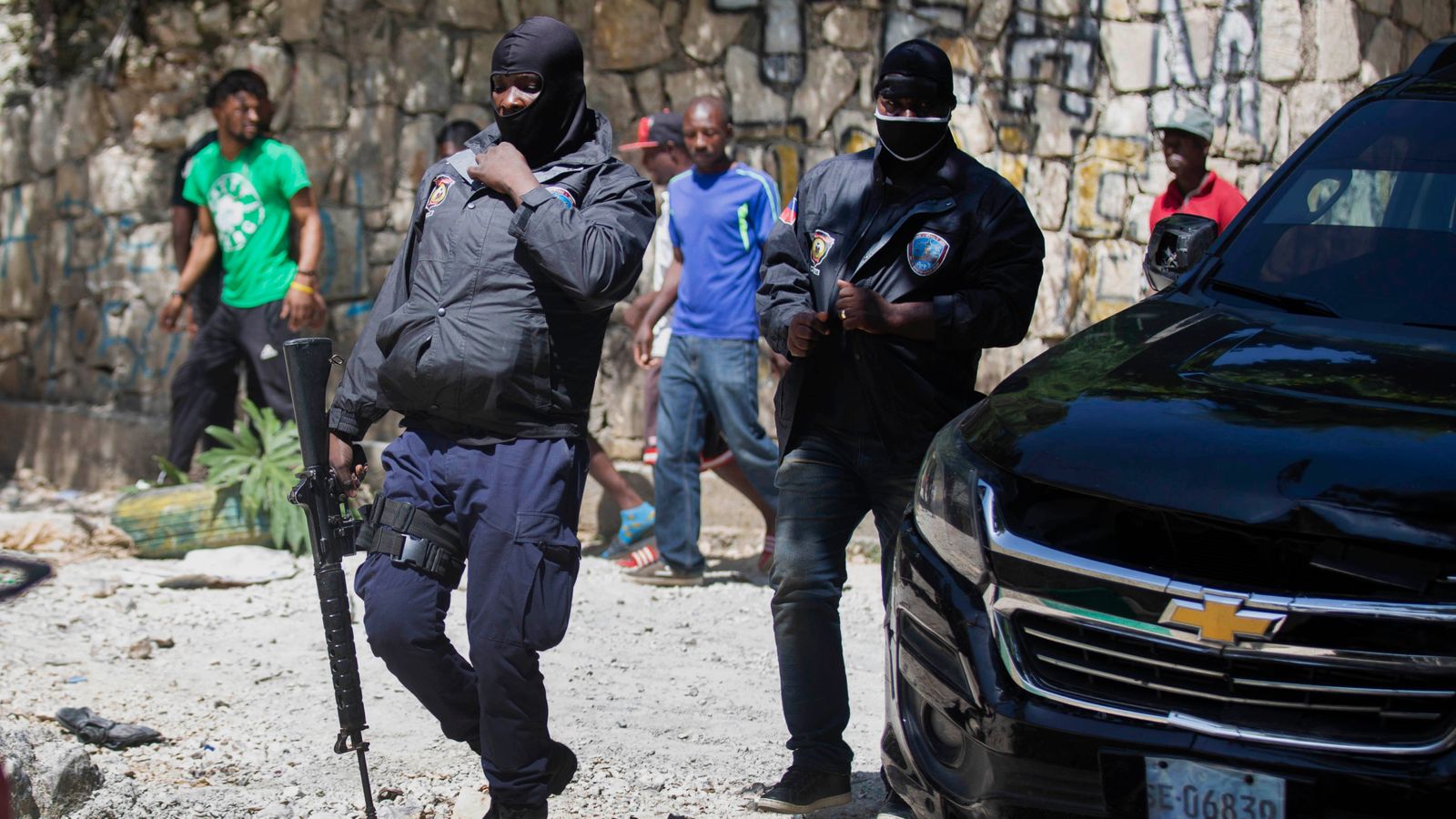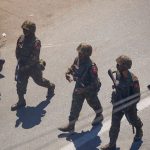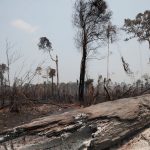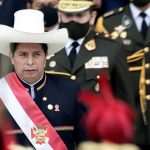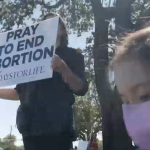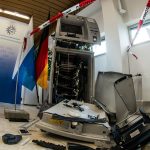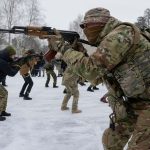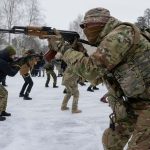Haiti’s descent into chaos has been years in the making and this latest twist threatens to destabilise the country even further.
Speaking to friends and contacts in the capital, all say there is an eerie calm – “a calm before the storm”, as one put it.
“What storm, I don’t know, because I think the storm happened last night.”
This appears to be an organised and well executed attack, with pictures from the scene showing the president’s compound pockmarked with bullets, while security forces try to control the scene.
“There’s a long list of candidates who could be involved in this assassination,” one journalist in Haiti told me.
“It could be gangs, but I doubt they’re that sophisticated, it could be politics, but that’s uncertain, but obviously it appears to be a well organised hit.”
Residents living in the area told journalists on the scene the gunmen were speaking Spanish and English, and were foreigners.
Because of the earthquake in 2010 much of the administrative infrastructure of the country was destroyed, including the presidential palace.
So President Moise was living in his own house on the outskirts of the capital, although it is understood that it was heavily guarded.
Please use Chrome browser for a more accessible video player
There are still no reports on how many police or soldiers died in this attack.
The country’s acting prime minister has declared a state of emergency, the airport is closed and the country’s land border with the Dominican Republic is shut too.
Sources inside Haiti tell me this doesn’t appear to be a coup, because as coups have gone in the past in Haiti, usually the coup leader pops up on television to announce they’re in control. That has not happened so far in this case.
Haiti’s leading opposition parties, the judiciary and activist groups claimed President Moise’s term ended in February – the president, supported by the United States, pointed out he had another year in office.
A fortnight ago the president made his last known public appearance, addressing his supporters in Port au Prince.
But he’d been running low on popularity for a while now.
Gangs, kidnapping, corruption and discontent have become bywords for life in Haiti.
Violent confrontations between anti-government protesters and the police have been a near-daily occurrence for nearly three years in this impoverished Caribbean nation.
The protest movement began as a social media campaign highlighting the lack of infrastructure and rebuilding following the earthquake.
It then turned into violent street protests.
When I was in the capital in February as people were calling for an uprising against the president, the protests were violent and deadly, their ferocity changing from day to day.
Port au Prince is one of the poorest places in the world I’ve ever been to.
The city still looks like a battlefield over 10 years after the earthquake destroyed it – much of it has not been rebuilt.
Haiti has no idea where things are going now, the streets are quiet but nobody knows how long that will last.
